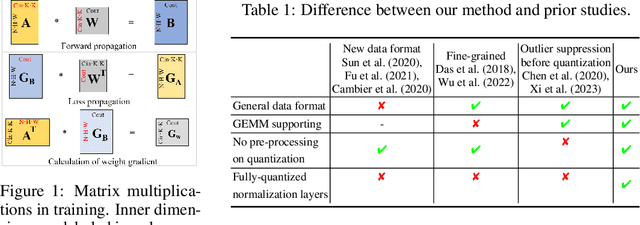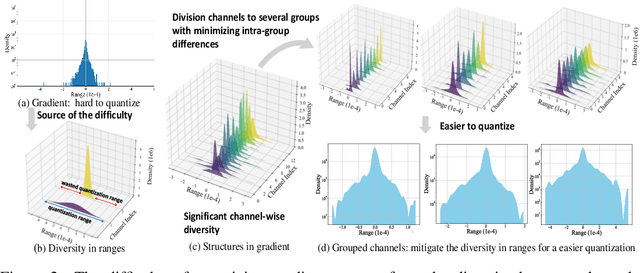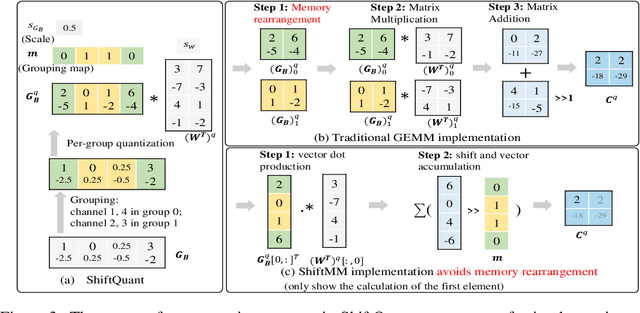Wenjin Guo
Unveiling the Key Factors for Distilling Chain-of-Thought Reasoning
Feb 25, 2025



Abstract:Large Language Models (LLMs) excel in reasoning tasks through Chain-of-Thought (CoT) prompting. However, CoT prompting greatly increases computational demands, which has prompted growing interest in distilling CoT capabilities into Small Language Models (SLMs). This study systematically examines the factors influencing CoT distillation, including the choice of granularity, format and teacher model. Through experiments involving four teacher models and seven student models across seven mathematical and commonsense reasoning datasets, we uncover three key findings: (1) Unlike LLMs, SLMs exhibit a non-monotonic relationship with granularity, with stronger models benefiting from finer-grained reasoning and weaker models performing better with simpler CoT supervision; (2) CoT format significantly impacts LLMs but has minimal effect on SLMs, likely due to their reliance on supervised fine-tuning rather than pretraining preferences; (3) Stronger teacher models do NOT always produce better student models, as diversity and complexity in CoT supervision can outweigh accuracy alone. These findings emphasize the need to tailor CoT strategies to specific student model, offering actionable insights for optimizing CoT distillation in SLMs. The code and datasets are available at https://github.com/EIT-NLP/Distilling-CoT-Reasoning.
Towards Accurate and Efficient Sub-8-Bit Integer Training
Nov 17, 2024



Abstract:Neural network training is a memory- and compute-intensive task. Quantization, which enables low-bitwidth formats in training, can significantly mitigate the workload. To reduce quantization error, recent methods have developed new data formats and additional pre-processing operations on quantizers. However, it remains quite challenging to achieve high accuracy and efficiency simultaneously. In this paper, we explore sub-8-bit integer training from its essence of gradient descent optimization. Our integer training framework includes two components: ShiftQuant to realize accurate gradient estimation, and L1 normalization to smoothen the loss landscape. ShiftQuant attains performance that approaches the theoretical upper bound of group quantization. Furthermore, it liberates group quantization from inefficient memory rearrangement. The L1 normalization facilitates the implementation of fully quantized normalization layers with impressive convergence accuracy. Our method frees sub-8-bit integer training from pre-processing and supports general devices. This framework achieves negligible accuracy loss across various neural networks and tasks ($0.92\%$ on 4-bit ResNets, $0.61\%$ on 6-bit Transformers). The prototypical implementation of ShiftQuant achieves more than $1.85\times/15.3\%$ performance improvement on CPU/GPU compared to its FP16 counterparts, and $33.9\%$ resource consumption reduction on FPGA than the FP16 counterparts. The proposed fully-quantized L1 normalization layers achieve more than $35.54\%$ improvement in throughout on CPU compared to traditional L2 normalization layers. Moreover, theoretical analysis verifies the advancement of our method.
 Add to Chrome
Add to Chrome Add to Firefox
Add to Firefox Add to Edge
Add to Edge